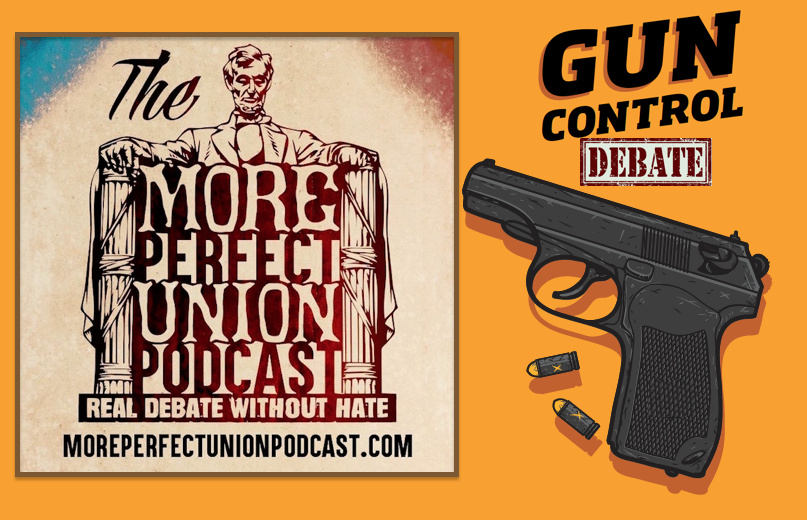

On the Texas Shooting

On the Texas Shooting
by Cliff Dunn
The Texas church shooting this week provides an example of two things: First, why a “good guy with a gun” matters; and second, why new regulations and sprawling bureaucracies aren’t the answer.
First, the good guy with a gun. As reports have emerged over the two days since the shooting, it has become clear that the shooter was stopped when he was confronted with an armed plumber, not a cop. The plumber confronted and fired upon the shooter, and then he and another citizen gave chase until the wounded shooter crashed at high speed. This is, of course, the sort of response that gives professional law enforcement heartburn…but it stands to note that due to where the attack took place, as the shooter was being chased away from the church, law enforcement was rushing in as quickly as they could. Though video from inside the church has yet to become public, the lack of any response from the congregation was likely due to a church being about the last place you’d expect this to happen combined with details about the attack (particularly his method of shooting from multiple positions outside, likely giving the impression of multiple attackers) that speak to the sort of planning and training which indicate that he was probably going to be able to pull off a tragic attack, guns or no guns.
As horrifying as the shooting was, it is very likely that it would have been worse but for this response. Some of this is down to the fact that the attack occurred in a small town rather than a major city, with geography limiting how fast law enforcement can be expected to mount a response to any sort of mass casualty incident (whether it’s a shooting, an industrial accident, or a natural disaster). However, even in ideal circumstances the old line about “When seconds matter, help is only minutes away” comes to mind, and that was certainly on display here: The first responders were those on the scene, not those called in by 911.
Now, onto the folly of big government: It turns out that, lo and behold, the shooter had both a domestic abuse conviction (and with it a bad conduct discharge from the Air Force) and should have been unable to buy a gun in the first place. Unfortunately, this case seems to have “slipped through the cracks” due to a combination of bureaucratic bungling that would be comical had the outcome not been so tragic: The Air Force outsources its jailing to both the Army and the Navy, and apparently all three branches have differing regulations on how to handle the relevant paperwork. Why this is the case is a good question (since all three branches operate under the same UCMJ), but the ultimate answer seems to be found in the hallowed traditions of rivalries between branches of the military and between different government agencies.
Regardless of the origin of the practice, the fact that three branches of the military have three different procedures for handling the same criminal offenses is both a farce and an illustration of why sprawling government bureaucracies are a bad thing: If not kept in careful check, procedures and policies tend to mutate while turf battles grow until nobody talks to one another. For the record, this is the same type of failure that caused 9/11.
We are doubtlessly going to hear about all sorts of new regulation proposals in the coming weeks. One thing we likely won’t hear, though we need to, is a call for government agencies to actually get their act together in handling existing laws competently. Yes, there are people that shouldn’t have guns…but until government agencies bother to tell one another who those people are, some of them are going to be able to skirt the system.
Cliff Dunn is Chairman of the Newport News (Virginia) Republican Party, so be nice to him; he’s had a bad week.






